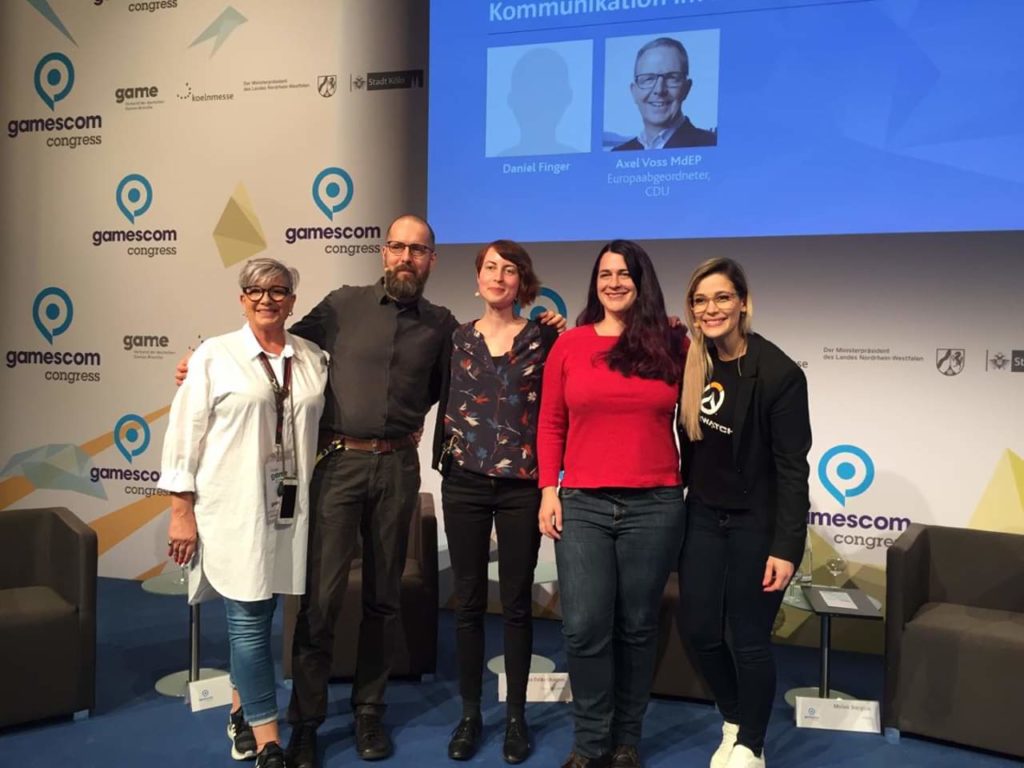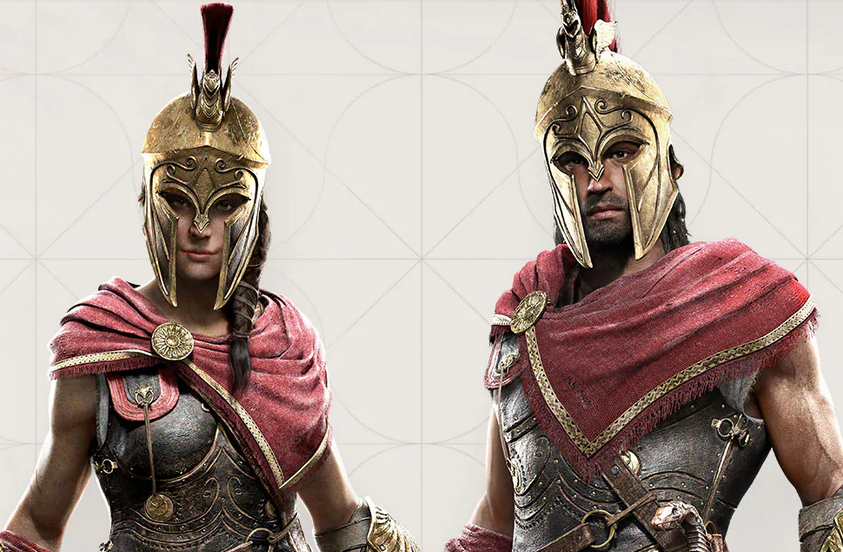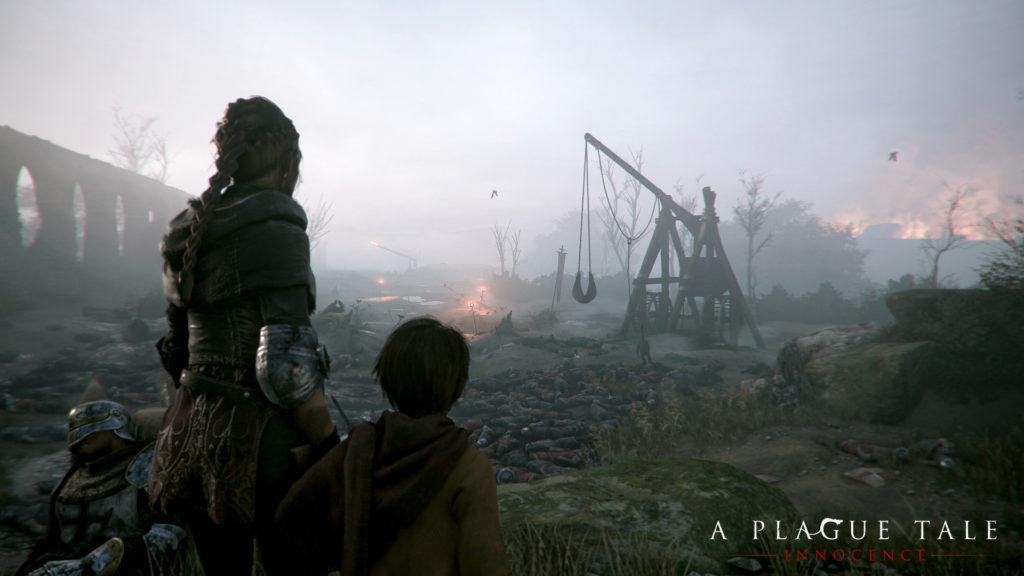
Quartet of Games Culture @Gamescom Congress
The Stiftung digitale Spielekultur (Foundation for Digital Game Culture) is dedicated to improving public perception of computer games. One of the means to achieving this end is the Quartet of Game Culture. Transferring the format of the very established Quartet of Literature to games, it works wonderfully.

On Wednesday 21 at the Gamescom Congress Cologne, I had the opportunity to participate in the Quartet of Game Culture’s Gamescom edition. On the podium, we talked about Assassin’s Creed Odyssey by Ubisoft and A Plague Tale: Innocence from Asobo Studio.
Game journalist Nina Kiel and I discussed with moderators Melek Balgün and Markus Richter about the historical portrayal of setting, religion and the characters of the two games, which at first glance seem completely different. But the closer you look, the more similarities we found.
Where Assassin’s Creed Odyssey puts players into the role of an almost semi-divine figure, A Plague Tale: Innocence reduces the storyline to an eleven-year-old girl and her even younger brother as protagonists.

The characters in Odyssey, for example, take a sceptical stance towards religion (it is also portrayed as a means for manipulating the public and politics). In Innocence, the Inquisition is portrayed as a two-dimensional, corrupted entity very much like the Emperor in Star Wars.
The conversation, which also revolved around the good-evil contrast and the complexity of the characters, can be seen on YouTube.

I was very impressed by the atmosphere of A Plague Tale: Innocence. The game quickly shifts from a historical setting into the realm of supernatural horror, which seems a bit too much at the end. But the feeling of childlike loneliness and the necessity of committing acts of terror in a drastic world of war and plague in order to survive has made the game very valuable to me.

After my great love for the Ezzio trilogy, Assassin’s Creed Odyssey has led me back to the AC series. The open game world is so well-designed and, like its predecessors, conveys interesting historical details in a fictitious Greek setting.
Both games also have a political level in the games scene: both offer the game of female characters (even as main characters in Innocence). Odyssey shows that it’s possible to present a game which includes same-sex love options and still make it a blockbuster game even in a business usually catering to conservative players.
I would especially like to thank Christiane Gehrke, the quartet’s wonderful project manager, as well as the presenters and my fellow speaker Nina (whose opinion sometimes deviated drastically from mine).
What do you think of the two games? Do you see similarities?
